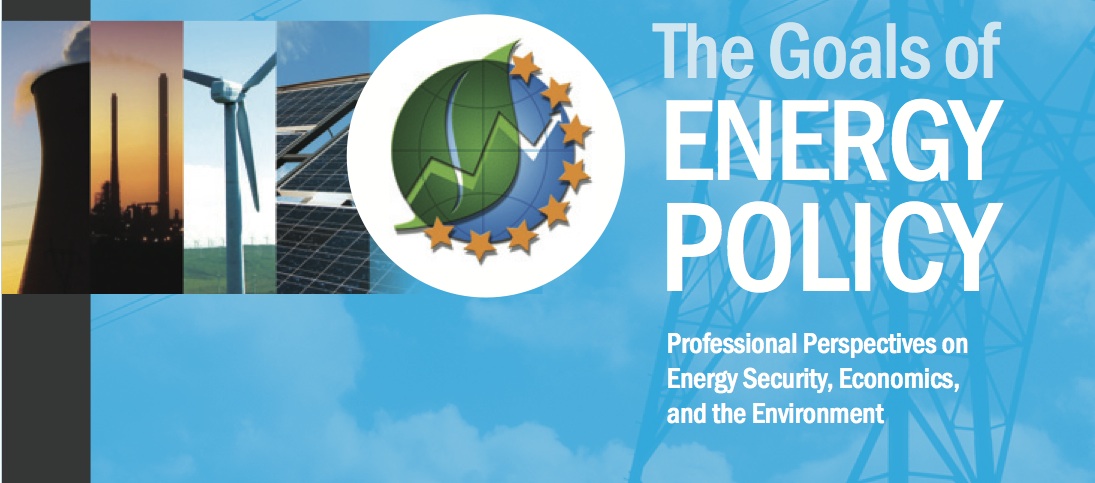
US energy policy should simultaneously pursue security of its energy supply, economic stability, and reduced environmental impacts, says a national poll of energy professionals jointly prepared by Sandia and OurEnergyPolicy.org.
The findings of the national poll, “The Goals of Energy Policy,” show that the vast majority — more than 85 percent — of the 884 energy professionals surveyed prefer policymaking that pursues all three goals at once.
The poll asked the experts to allocate 100 points, representing a 100 percent policymaking effort, across three commonly accepted energy policy goals: the environment, economics, and energy supply security. Participating respondents included representatives of public utilities, oil and gas organizations, energy engineering groups, and other professional energy associations. Participating organizations were made up primarily of energy professionals and had no overt political or policy agendas related to the three policy goals.
“Creating and implementing energy policy is challenging on many fronts. We hope these results can serve as a useful starting point for those interested in building consensus for an effective energy policy,” says Dawn Manley, deputy director of chemical sciences.
Matthew Jordan, program director of OurEnergyPolicy.org, says, “Many surveys tend to simplify, rather than clarify, public opinion on energy policy by asking either-or questions. Thinking about energy policy this way is just not leading to results. It may be that the way we talk about energy policy is limiting our ability to develop viable policy options. Our country can and should pursue multiple energy-related goals simultaneously.” Manley adds, “There is a growing recognition of the requirement to balance our nation’s need for plentiful, low-cost energy with an inherent responsibility to steward the natural environment and to help grow our economy. Surveys like this can help provide strategic direction, guidance, and focus for the energy community.”
The Sandia-OurEnergyPolicy.org survey asked the following questions:
• How should the US allocate its efforts across the following three energy policy priorities?
° Energy supply security: Assure a supply of energy for the US that protects our national security interests.
° Economics and job creation: Assure a cost for energy that sustains US economic stability and growth.
° Environment and climate: Minimize the environmental impacts of energy supply, distribution, and use.
• Is another energy policy priority needed?
• If yes, how would you allocate 100 points across the three original priorities and the fourth, self-selected priority?
The results:
• On average, respondents allocated 36.9 points to energy supply security, 32.3 points to economics and job creation, and 30.7 points to environment and climate.
° Single-issue advocates were rare, with just 3.1 percent of respondents allocating all of their effort toward one goal.
° Single-issue adversaries were also few, with less than 15 percent of respondents completely devaluing any one goal.
° Male respondents tended to emphasize energy supply security more heavily with increasing age and to de-emphasize the environment with age.
° Female respondents prioritized the environment most highly, regardless of age.
° Energy supply security rated highest among respondents from Arkansas, Louisiana, Oklahoma, and Texas; environment and climate was given the highest priority in the Pacific and New England regions; and compared with other regions, economics and job creation was a higher priority in the Midwest.
• Forty-two percent of respondents offered another energy policy goal. Of these, the three most commonly identified were reducing consumption, fostering technological innovation, and improving energy efficiency.
Results are presented in a report by Sandia National Laboratories and OurEnergyPolicy.org, which is available on both organizations’ websites. Sandia and OurEnergyPolicy.org plan to continue their work on the national energy policy discourse with follow-up surveys and studies on related topics.
Article written by Mike Janes